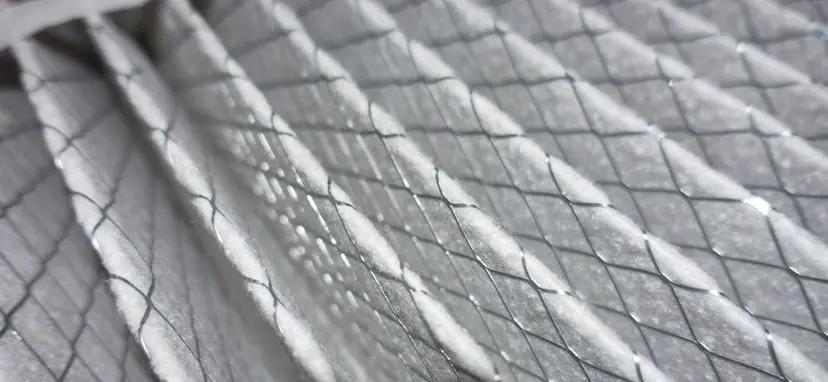Efficient and Affordable: The Case for MERV 8 Filters

Efficient and Affordable: The Case for MERV 8 Filters
Did you know the most efficient air filters typically aren’t the best choice for residential HVAC systems? It’s true – they’re more expensive and often too restrictive, causing potential issues.
HVAC.com explains the importance of choosing the right air filters for your home and why MERV 8 filters often strike the perfect balance between performance and affordability.
Understanding MERV Ratings and Why They Matter
MERV stands for Minimum Efficiency Reporting Value and measures a filter's effectiveness at capturing larger airborne particles. MERV ratings range from 1 to 20, with greater values indicating higher filtration and more restrictive air flow.
Buying filters with appropriate MERV ratings prevents increased strain on your HVAC system, especially in systems that use flexible ducting, which can already compromise airflow performance. The main role of an air filter is to protect the HVAC system, while improving air quality is a secondary benefit.

Is MERV 8 Good Enough?
Finding the sweet spot is key when searching for the right filter for your HVAC system. While MERV ratings of 5 and 11 are often considered good options for balancing indoor air quality and system efficiency, HVAC.com, based on extensive testing, suggests using MERV 8 filters in most homes. These filters maintain the ideal balance between filtering power, airflow, and cost-effectiveness.
Excellent Filtration
MERV 8 filters excel at catching a range of common household contaminants. According to the U.S. Environmental Protection Agency, MERV 8 units trap 70% or more of particles 3-10 microns in size including dust, pollen, pet dander, mold spores, and lint – common particles found in homes.
Less Restrictive
MERV 8 filters also offer superior filtration compared to lower-efficiency filters rated MERV 1-4. However, they are not overly restrictive, allowing for sufficient airflow throughout your HVAC system.
Filters with a MERV rating higher than 11 capture contaminants with greater efficiency but cost more and may also be too restrictive for standard HVAC systems. Filters rated MERV 13 or higher should not be used in the majority of homes. They are found in places that require high-quality air, like hospitals, labs, and data centers.
Limited airflow can drive up your energy costs and might cause the motor to overheat and shut down the system for safety reasons.
When using a filter with a lower rating than MERV 8, such as a MERV 5 filter, consider pairing it with a standalone or whole-house air purifier for an added boost in air quality.
More Cost Friendly
MERV 8 filters cost less while still offering effective filtration compared to higher-rated units. MERV 8 filters cost on average between $5 and $20, MERV 11 filters range from $15 to $30, and MERV 13-rated filters typically fall between $20 and $40.
Air filters vary in price based on their brand, size, design, and material.
The Importance of Regularly Changing HVAC Filters
Change your air filters regularly to avoid clogs, regardless of the filter’s efficiency.
- MERV 5 and below: Change monthly.
- MERV 8: Change every 2-3 months.
- MERV 11: Change every 3-6 months, depending on environmental factors, such as dirt levels and the presence of pets.
The Bottom Line: MERV 8 Filters Offer Strong Performance at a Reasonable Cost
If you're HVAC.com’s research shows that MERV 8 filters emerge as a top choice for cost and efficiency. Their lower initial costs compared to MERV 11 or MERV 13 filters doesn’t compromise their effectiveness. They capture dust, dander, mold spores, and more with ease to keep your HVAC system and air quality in good health.